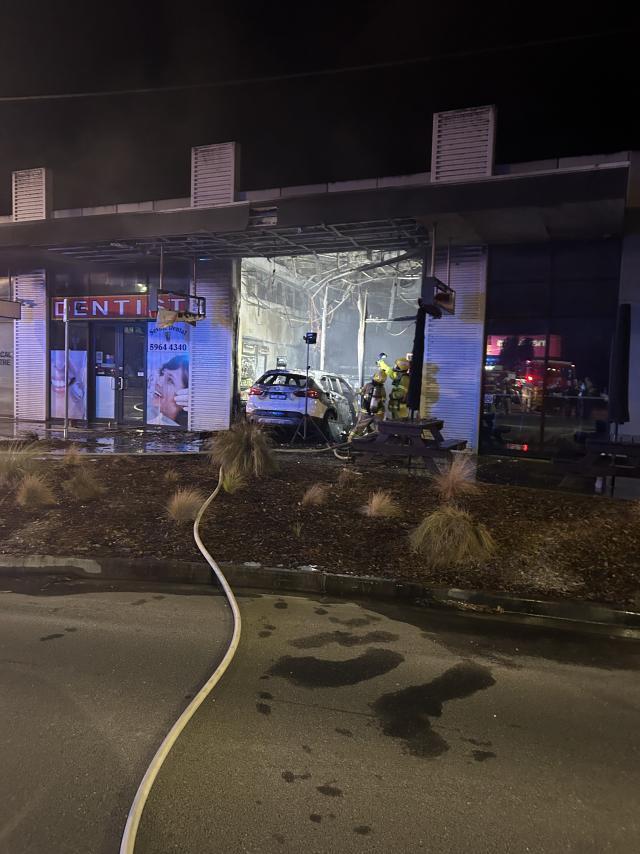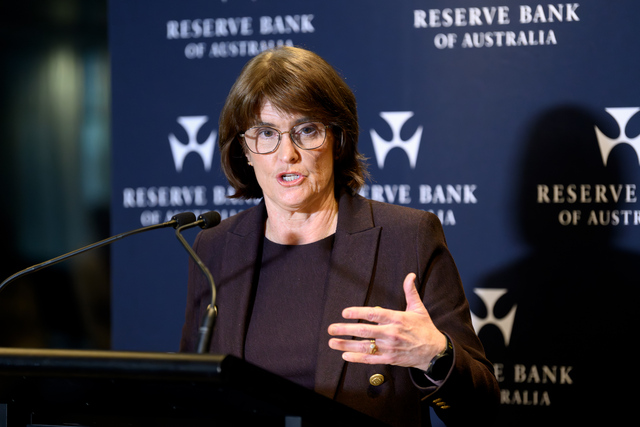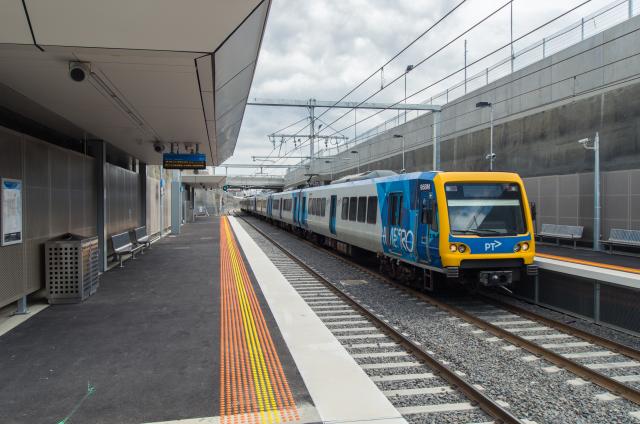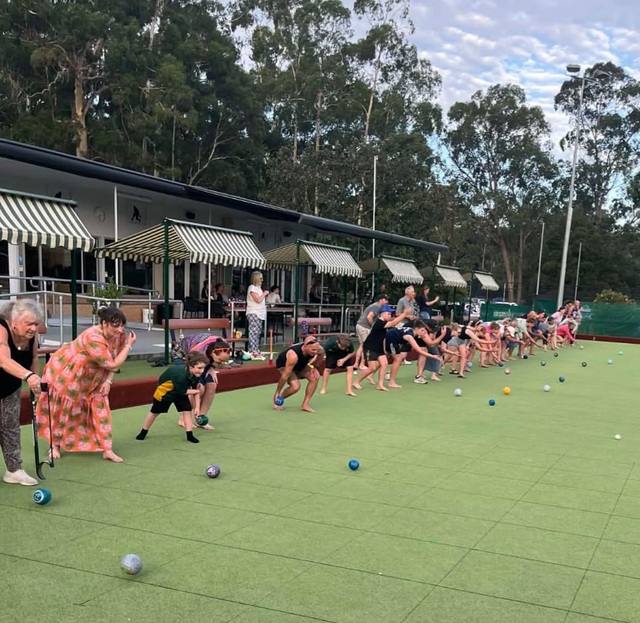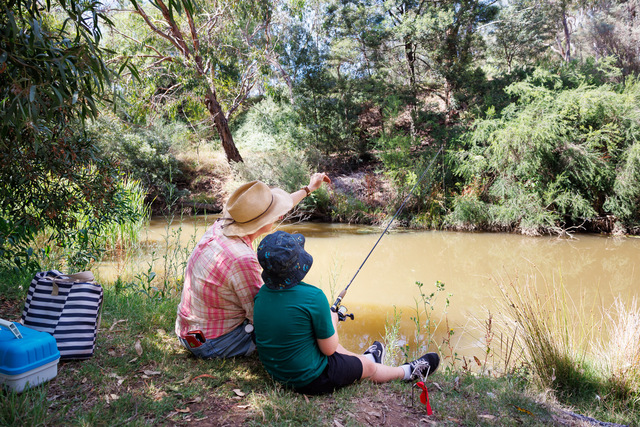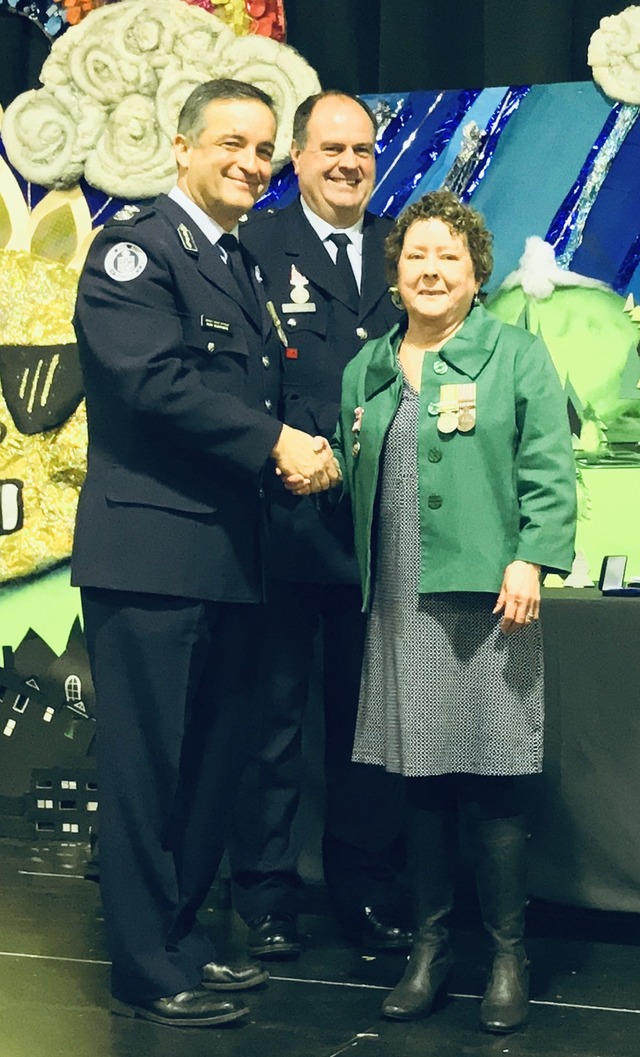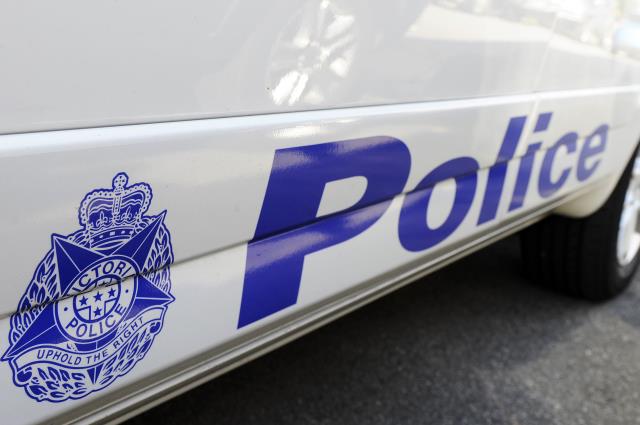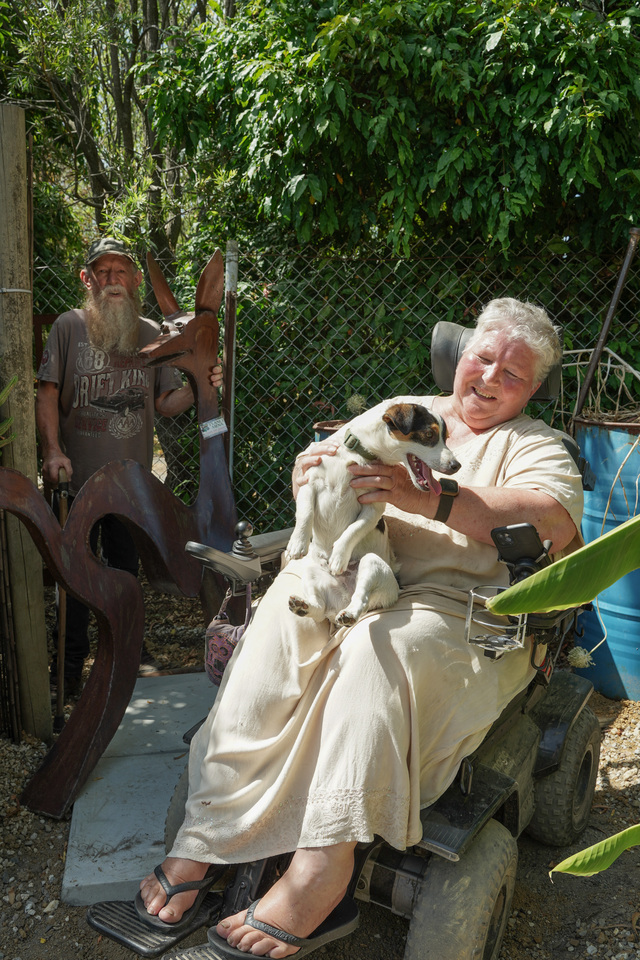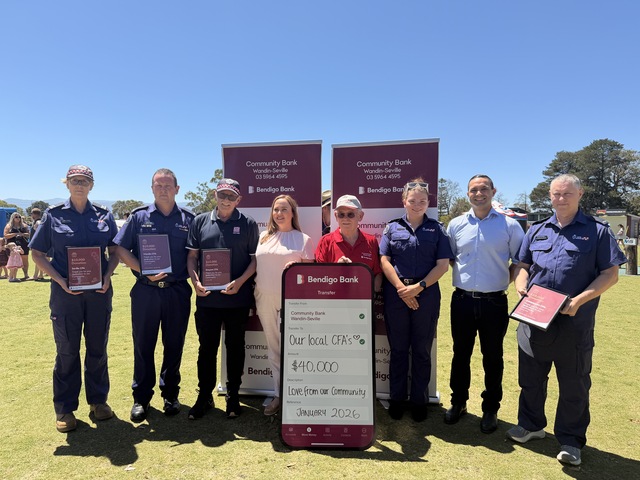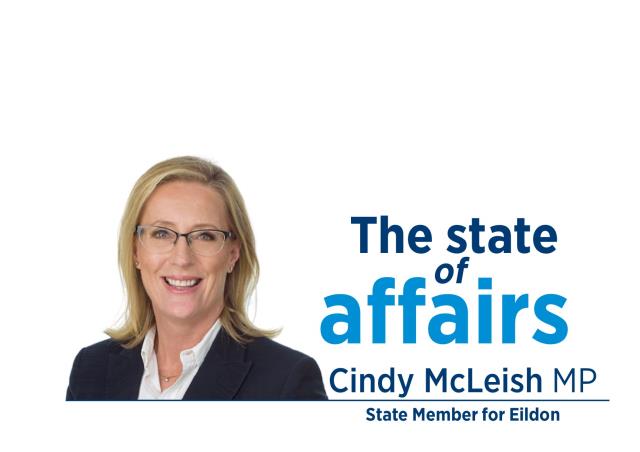As Victoria Police continue to work to combat the illicit tobacco trade rampant in Victoria, state politicians are milling about how to legislate change that cracks down on both the trade and associated violence such as firebombing.
The Victorian Liberals and Nationals recently attempted to introduce a bill in an effort to crack down on firebombing, calling out the average of two firebombings of tobacco shops each week for the past 18 months, which the Labor Government did not support.
Evelyn MP Bridget Vallence and Eildon MP Cindy McLeish both argued for the Tobacco Amendment (Stamping Out Fire Bombings) Bill 2024 in Parliament on Tuesday 29 October and Ms McLeish said with tobacco stores opening across the Yarra Ranges, locals and business owners want to ensure they and their businesses are safe as firebombing incidents escalate.
“Firebombing is very widespread across Victoria, surging well past 100 attacks, making it harder for surrounding businesses to secure insurance. It is not in just one spot; it is a big issue that also relates to organised crime,” she said.
“The Government needs to tackle organised crime and look after the small businesses surrounding tobacco shops and those that own the premises that are firebombed. All of those businesses could have been saved by having a licensing scheme.”
The Liberals and Nationals support a number of measures to combat the illicit tobacco trade, namely;
The introduction of a licensing scheme for the sale of tobacco products.
The implementation of a fit and proper person test to ensure suitability to hold a tobacco retail
licence.
Creating search and seizure laws for Victorian Police relating to tobacco products.
Penalties for first-time offenders of up to 5000 penalty units – the equivalent of $1 million.
Penalties for second and subsequent offences of up to two years in prison.
A Victorian Government spokesperson said they have been very clear — they will introduce a tobacco licensing scheme to Parliament by the end of the year.
“We will get this right and we will ensure this criminal behaviour is dealt with,” they said.
“We will have more to say on what our scheme looks like very soon. In the meantime, Victoria Police is taking targeted action against the illicit tobacco trade through Taskforce Lunar – making arrests and seizing large quantities of illicit items.”
In the Yarra Ranges, the Seville tobacconist was the target of a firebombing incident in February this year, and a 19-year-old Officer man was arrested in June in relation to the incident. He was interviewed and released pending further enquiries.
Dr James Martin is a Senior Lecturer in Criminology and Director of the Bachelor of Criminology, leading research into the field of black markets, cybercrime, and the dark web trade in illicit drugs and said what we’re seeing is frankly a rampant and out of control black market that’s being accompanied by serious levels of criminal violence.
“This is systemic market violence, these are sophisticated criminal groups that are battling for control of the trade and is something that we’ve seen really kick off since the beginning of last year is when it seemed to jump up a notch,” he said.
“In terms of what’s behind it, there are two main factors; one is the extraordinary levels of taxation that were levied on tobacco products, Australia now the most expensive cigarettes in the world by pretty significant margins, for your average pack of days smoker the financial impact is something in the order of $18,000 a year you’d need to spend on legal cigarettes to meet a pack-a-day habit,”
“In Australia, we’ve got a very restrictive approach to vapes, we’ve got this pharmacy-only model, but most pharmacies have said that they’re not going to stock vapes, the process of getting a vape for pharmacy is convoluted, devices and flavours that they sell are not popular amongst people who vape, and it’s not only propping up support for tobacco by making it harder for people to switch to a substitute but also the black market vapes themselves are very valuable black market commodities because we make it so hard to get legal ones.”
Australia moved to the prescription model from 1 June this year, but this was later altered so that as of 1 October this year, people could access legal vapes following a consultation with a pharmacist as well.
Dr Martin said some of the proposals, including the licensing scheme and fit and proper persons test, are good common-sense regulations, but his concern is more around the penalties.
“The high taxation trying to price people out of smoking and the ban on consumer vapes, is what’s fueling the black market, any of these other regulations, while they might be useful in a marginal sense, don’t really get to the heart of the problem, which is that demand for nicotine is ongoing and people are gonna have that demand met one way or another, whether that’s through a legal channel or an illegal channel,” he said.
“We know from the illicit drugs trade that you can have whatever penalties you want, you’re still going to get participants in the black market, there are people who think that they’re not going to get caught and chances are they probably won’t get caught,”
“We’ve got record numbers of arrests, we’ve got record numbers of seizures and despite all that, illicit drugs are just as easily available and are in many cases cheaper than they were 15 years ago, so I think that really highlights the problem we’ve got here is we’re increasingly treating nicotine like it’s part of the war on drugs and I don’t know why we do that when the war on drugs is so demonstrably failing in its objectives.”
The Tobacco Amendment (Stamping Out Fire Bombings) Bill 2024 was shut down by a vote of 29 in favour to 50 in opposition in the Victorian Parliament.
Dr Martin said he really feels for the legal tobacco retailers, as he did for the legal vape retailers, who have been affected by this.
“The people who are actually obeying the law, only selling to over 18s, weren’t selling nicotine, those vape shops have shut down and the people playing by the rules have exited the market, which has given the whole market to the black market operators and we’re starting to see the same thing now with tobacco,” he said.
“These small business owners are facing a really difficult choice in this cost of living crisis, and in some cases, those people will make a calculated decision and say ‘Right, well everyone else is doing it, I’m going to sell black market products as well to keep my business afloat’,”
“In other cases, which we’ve heard about before with earn and burn threats and so on, they will be approached by a criminal organisation and they will face very credible threats to their safety if they don’t enter the black market.”

